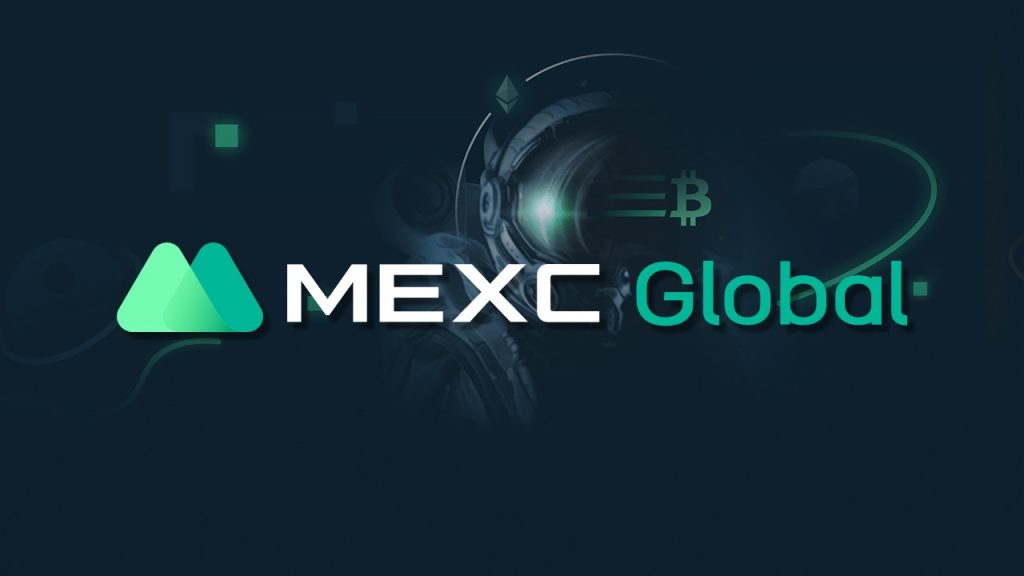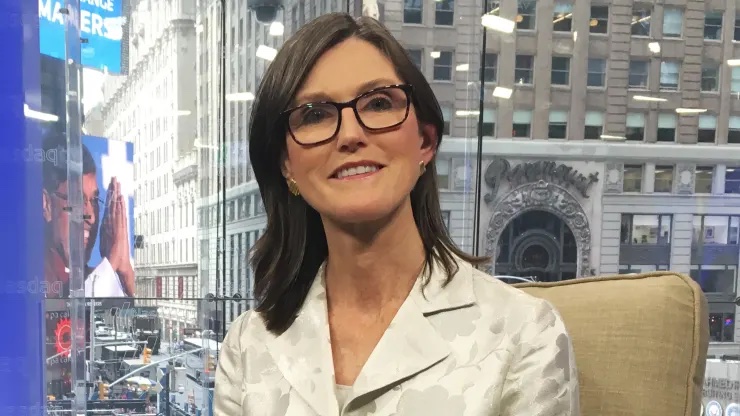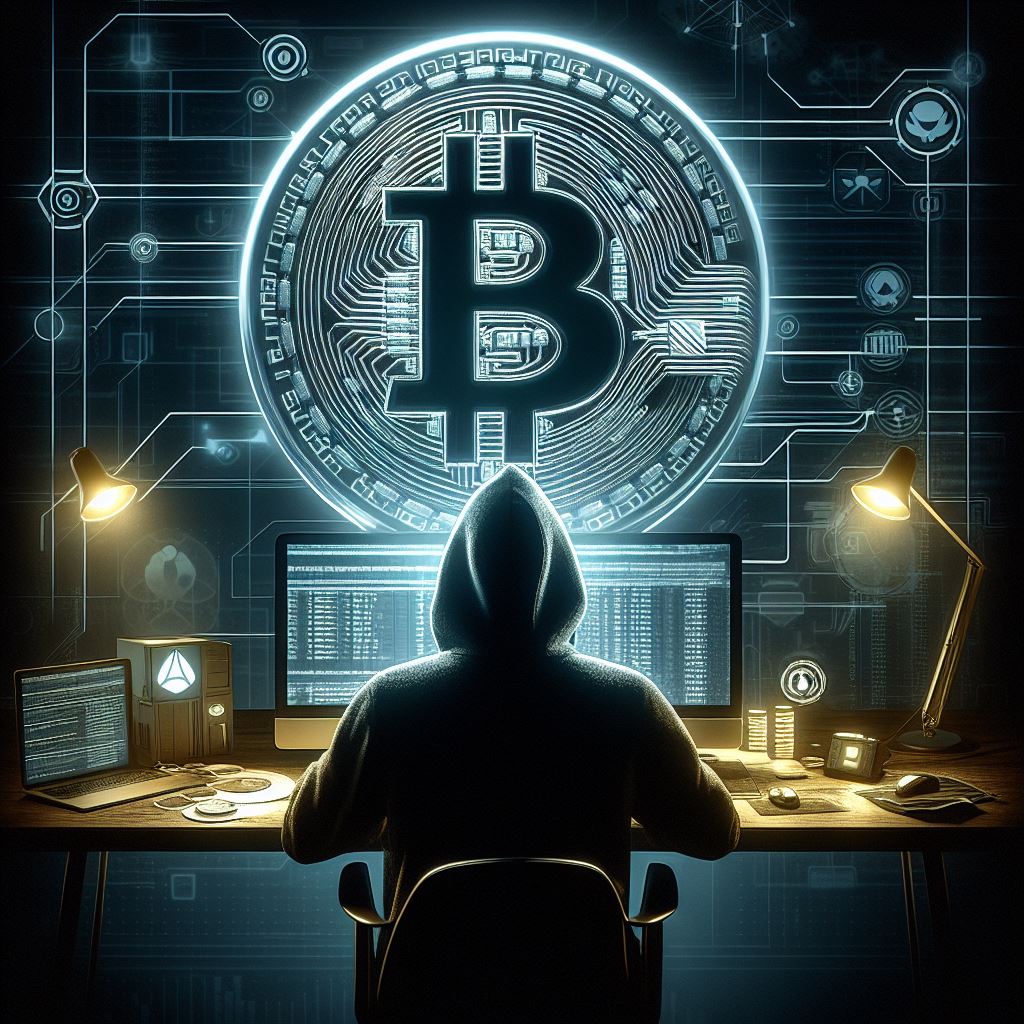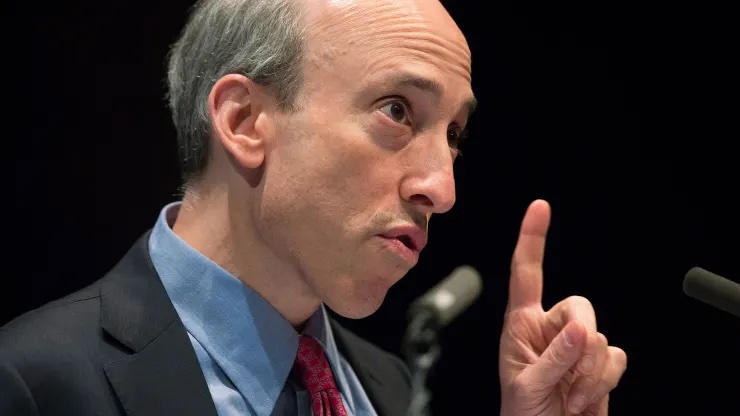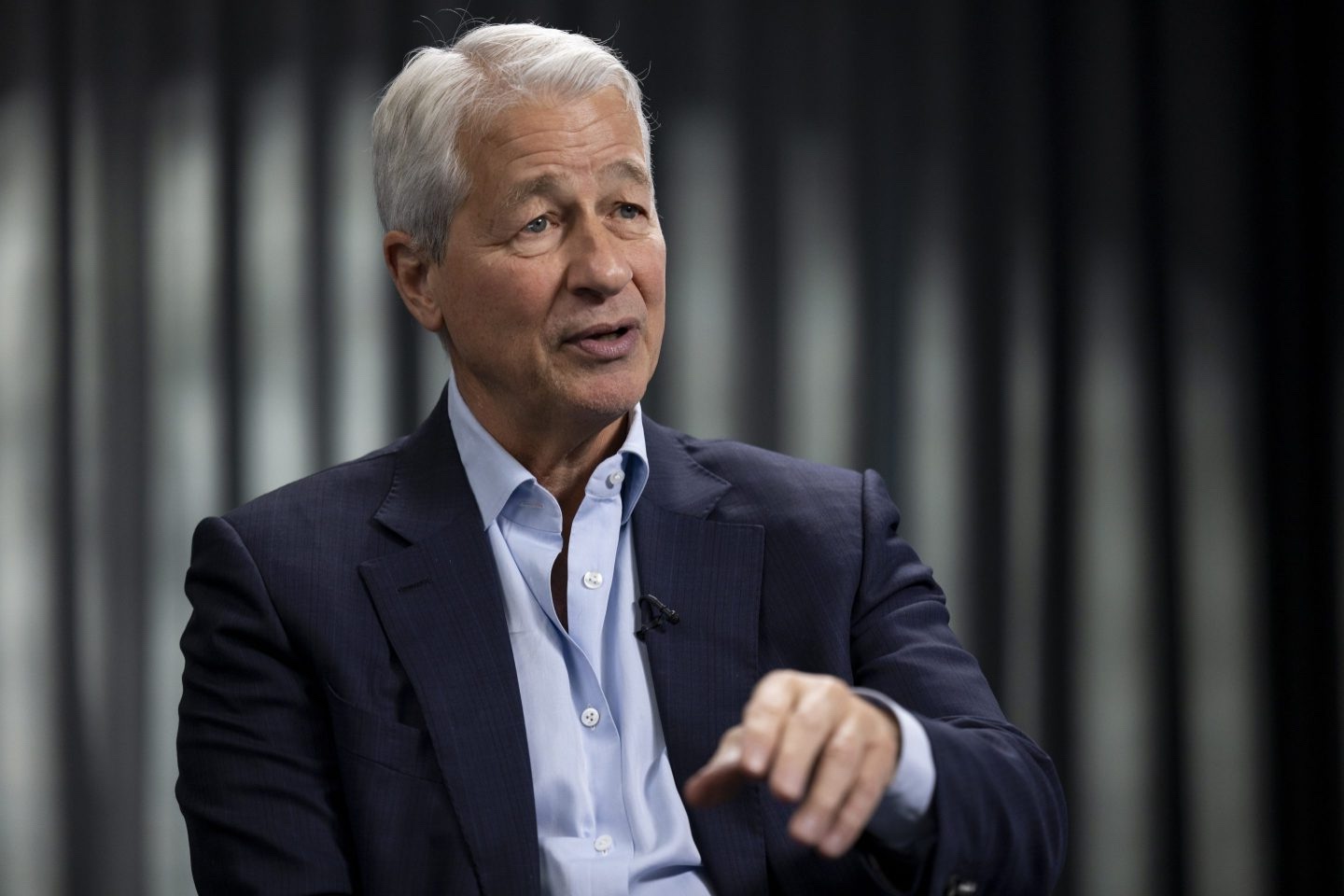JPMorgan Chase CEO Jamie Dimon’s firm stance against cryptocurrencies was highlighted during a Senate Banking Committee hearing. Responding to Senator Elizabeth Warren’s inquiry on crypto’s susceptibility to misuse, Dimon expressed unequivocal opposition. He stated that if he were in a government position, he would choose to shut down the entire crypto space. Jamie Dimon openly admits that he would close crypto down.
Historical Critique and Regulatory Advocacy
Dimon’s anti-crypto sentiments are well-documented over the years. He has consistently discouraged people from engaging with bitcoin and emphasized the need for proper regulation, especially for stablecoins. The CEO’s comments underscore a broader push for regulatory oversight in the crypto industry.
Lawmakers’ Efforts to Regulate Crypto
In Washington, lawmakers are actively addressing concerns around cryptocurrency. Senator Warren, in particular, is championing the Digital Asset Anti-Money Laundering Act. The proposed bill seeks to extend Bank Secrecy Act requirements, including know-your-customer rules, to various crypto entities, such as miners, validators, and wallet providers.
Banking Executives Unanimous on AML Rules
During the hearing, Senator Warren sought consensus among banking executives on applying anti-money laundering (AML) rules to the crypto sector. CEOs of Wells Fargo, Bank of America, and Goldman Sachs, alongside Dimon, unanimously agreed. Warren emphasized the significance of aligning crypto regulations with national security imperatives.
National Security Concerns Drive Consensus
Warren acknowledged an unusual alignment with bank CEOs on this matter, emphasizing its critical nature for national security. The convergence of perspectives among these financial leaders signals a shared recognition of the need for a regulatory framework that safeguards against illicit activities in the crypto space.
Closing Thoughts on Regulatory Landscape
Dimon’s call for shutting down crypto, echoing concerns about government control bypass, adds a layer to the ongoing discourse on crypto regulation. As lawmakers navigate the complex terrain of legislative measures, the industry awaits a regulatory framework that balances innovation with the imperative to mitigate potential risks. The consensus among banking leaders underscores the growing consensus that crypto regulation is essential for both industry integrity and national security.
